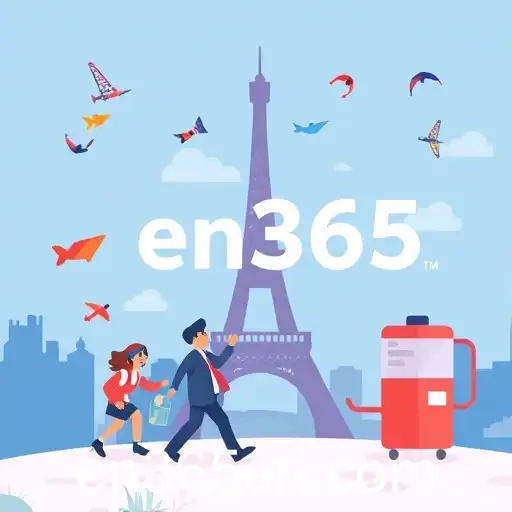
In recent years, particularly by 2025, the landscape of language learning has undergone a significant transformation. One of the notable trends is the rise of online platforms like en365, which cleverly integrate gaming mechanics into the process of learning English. This approach has proven to be not only engaging but also highly effective.
The en365 website, known for its innovative use of gamification, offers learners a dynamic environment to immerse themselves in the English language. By incorporating elements typical of video games, such as missions, levels, and rewards, it turns what could be a daunting task into a fun and interactive experience. This method attracts learners of all ages, especially younger audiences who are native to digital interfaces.
Commentators have noted how these platforms cater to different kinds of learners, offering adaptive learning paths that respond to the individual's pace and progress. Lessons are crafted to be brief yet comprehensive, ensuring that essential grammar and vocabulary are covered without overwhelming users. The application of artificial intelligence further personalizes the experience, creating a custom path for each learner based on their interactions and achievements within the platform.
Reports from educational researchers emphasize the efficacy of this approach. Studies indicate increased retention rates among students who engage with game-based learning modules compared to traditional educational methods. This is partly due to the motivational boost that game elements provide, transforming language acquisition from a chore into a rewarding hobby.
Additionally, the global dynamics influencing language learning, such as increased mobility and the rise of remote work, have spurred demand for versatile and accessible English language education. These trends have made the agile and engaging models offered by platforms like en365 immensely popular.
The constant evolution of technology continues to drive innovation in this sector, promising even more sophisticated applications in the near future. As we advance, the integration of virtual reality and augmented reality may further enrich the language learning experience, providing immersive environments where learners can practice conversational skills in lifelike scenarios. Thus, the intersection of technology and education holds great promise for breaking down language barriers globally.


